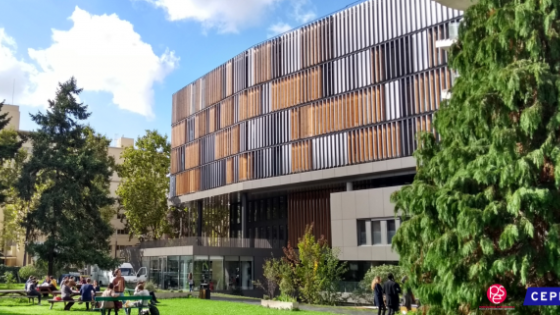DP7996 Migration and the Welfare State: Dynamic Political-Economy Theory
We develop a dynamic politico-economic theory of welfare state, featuring three groups of voters: skilled workers, unskilled workers, and old retirees. The welfare-state is modeled by a proportional tax on labor income to finance a demogrant in a balanced-budget manner to capture the essence of inter- and intra-generational redistribution of a typical welfare system. Migrants arrive when young and their birth rate exceeds the native-born birth rate. We characterize political-economic equilibrium policy rules consisting of the tax rate, the skill composition of migrants, and the total number of migrants, in terms of demographic and labor productivity characteristics. We find that political coalitions will form among skilled and unskilled voters or among unskilled and old voters in order to block the other group from coming into power. As a consequence, the ideal polices of the unskilled voters always feature in any political economy equilibrium.


